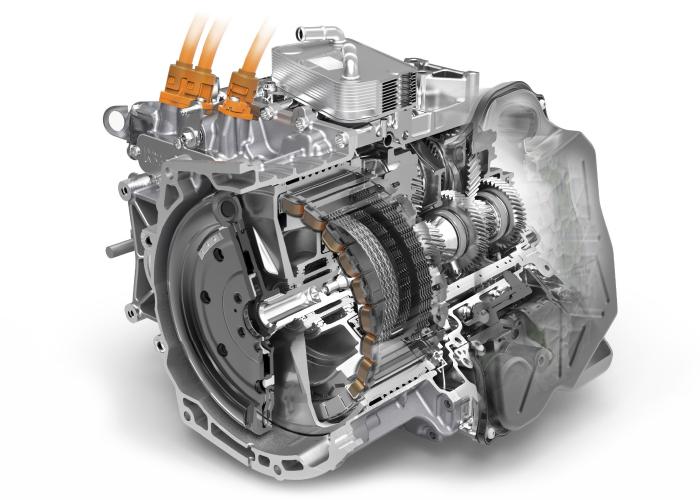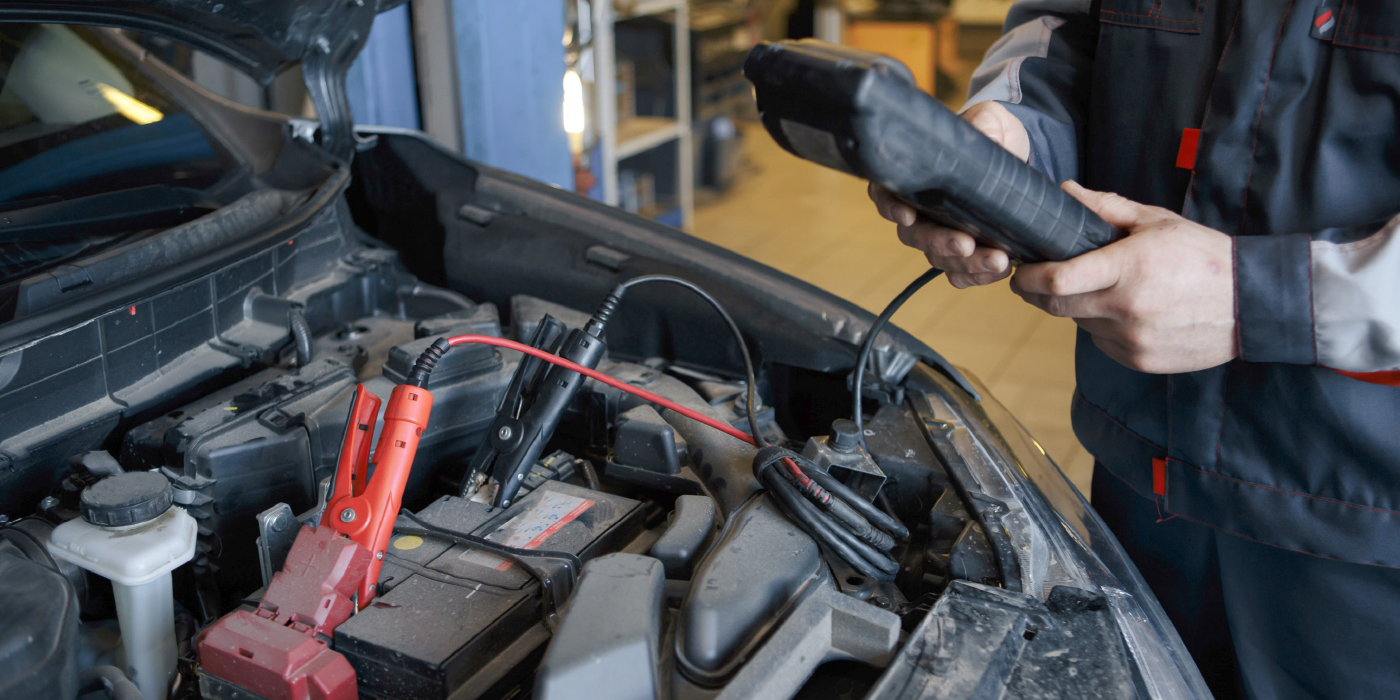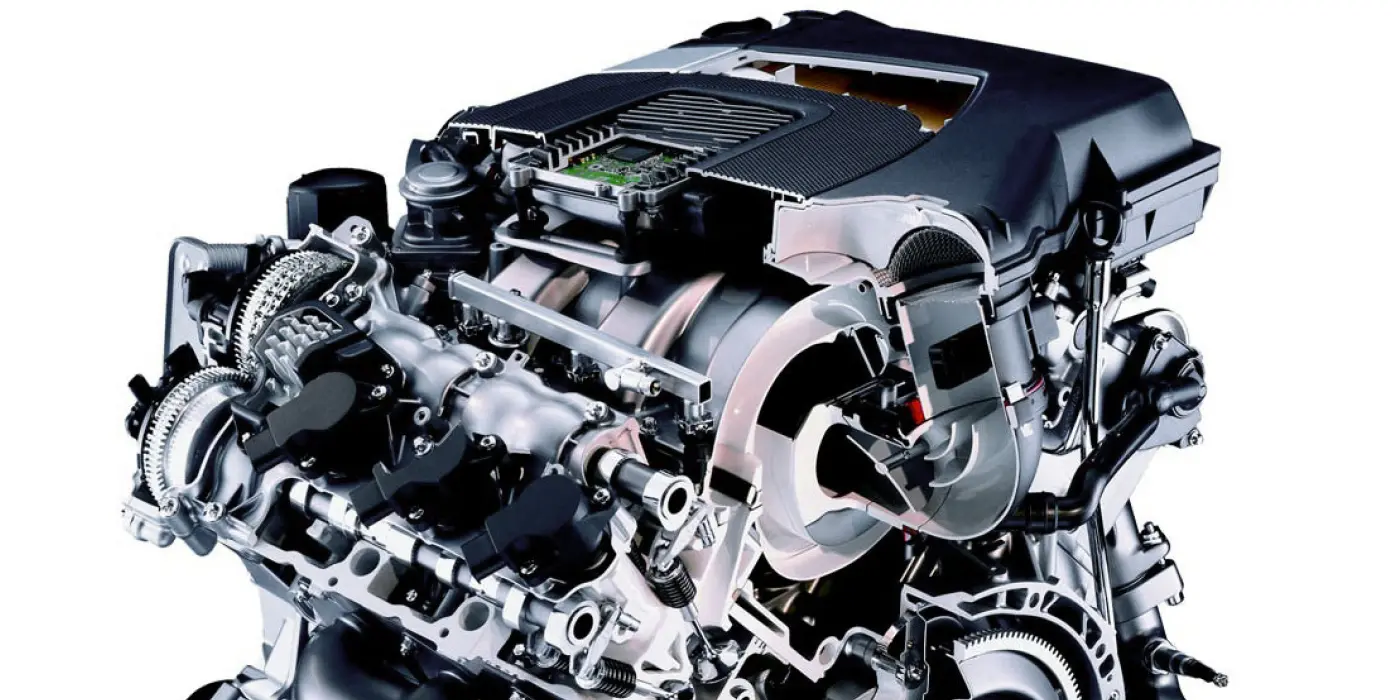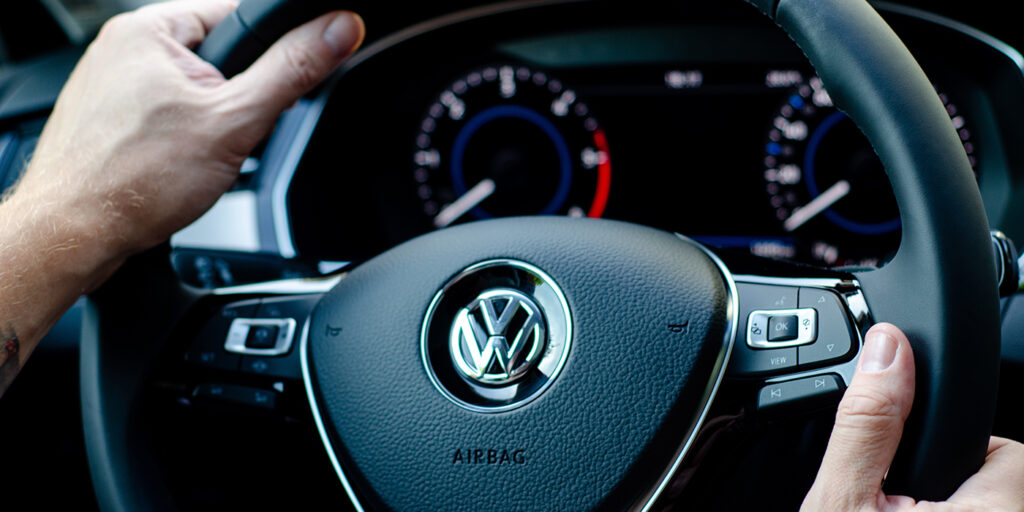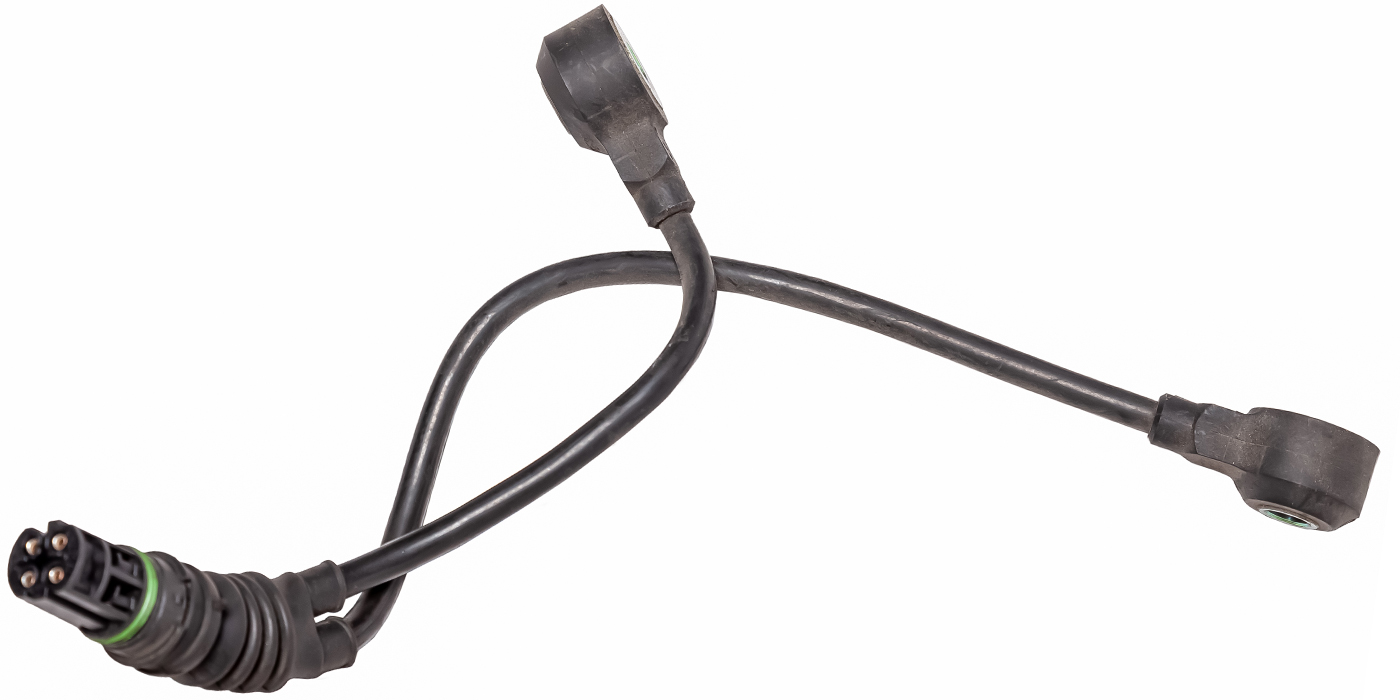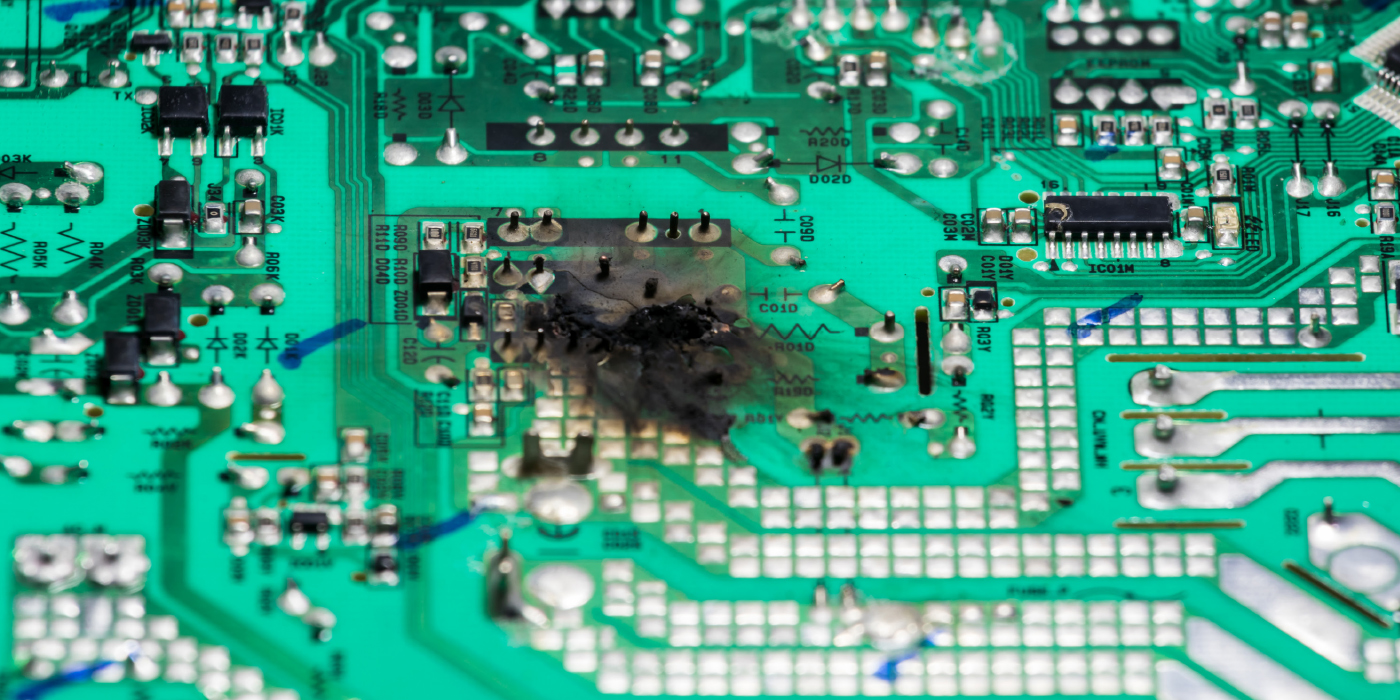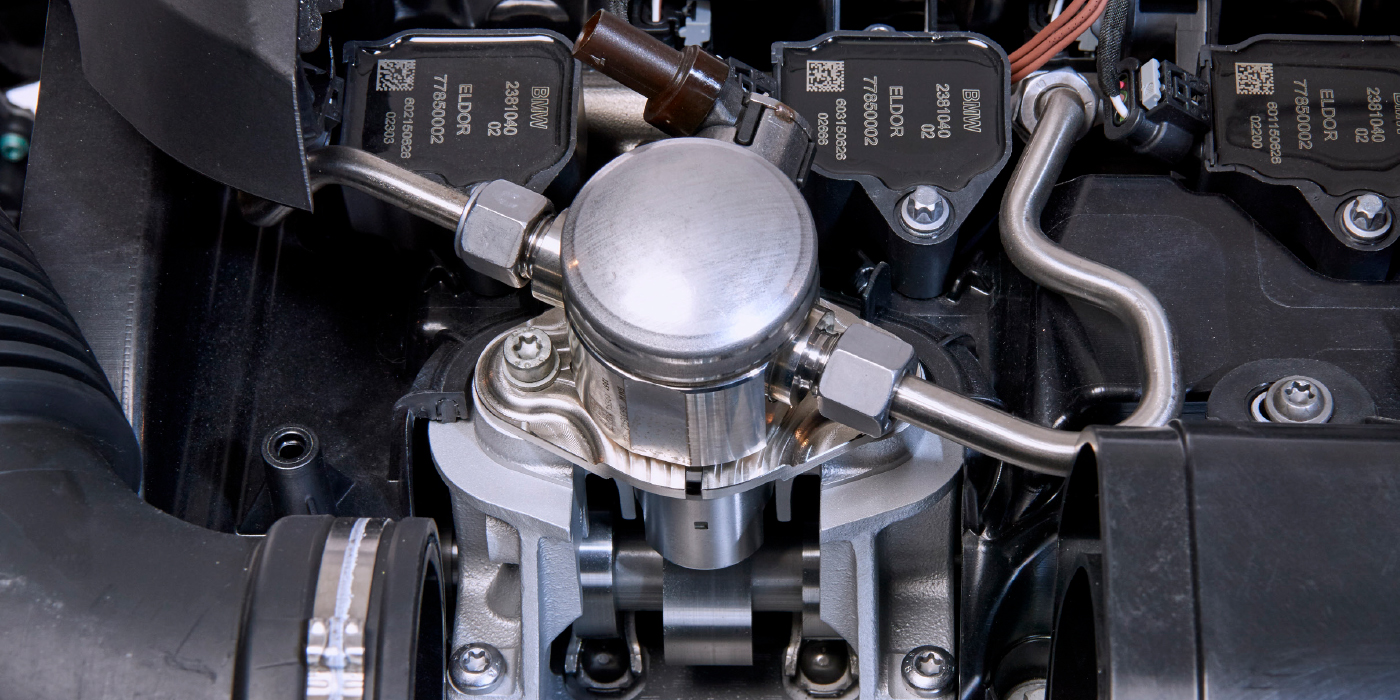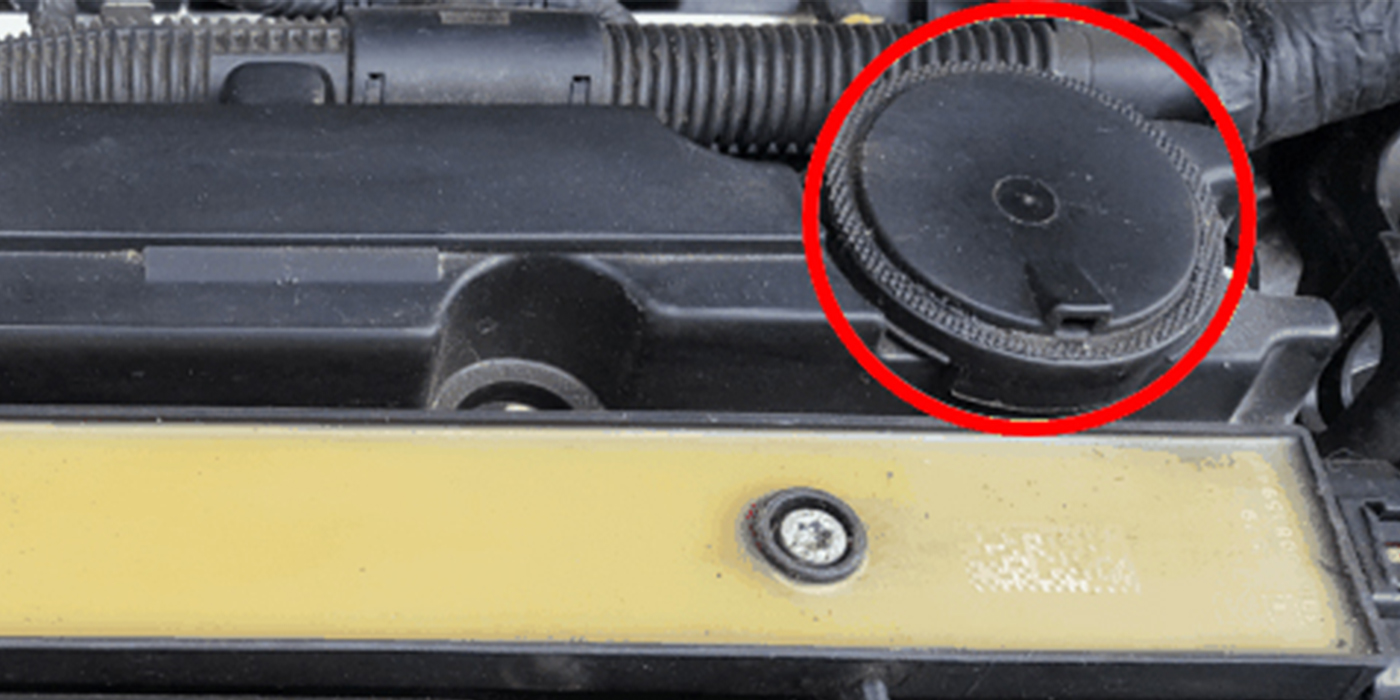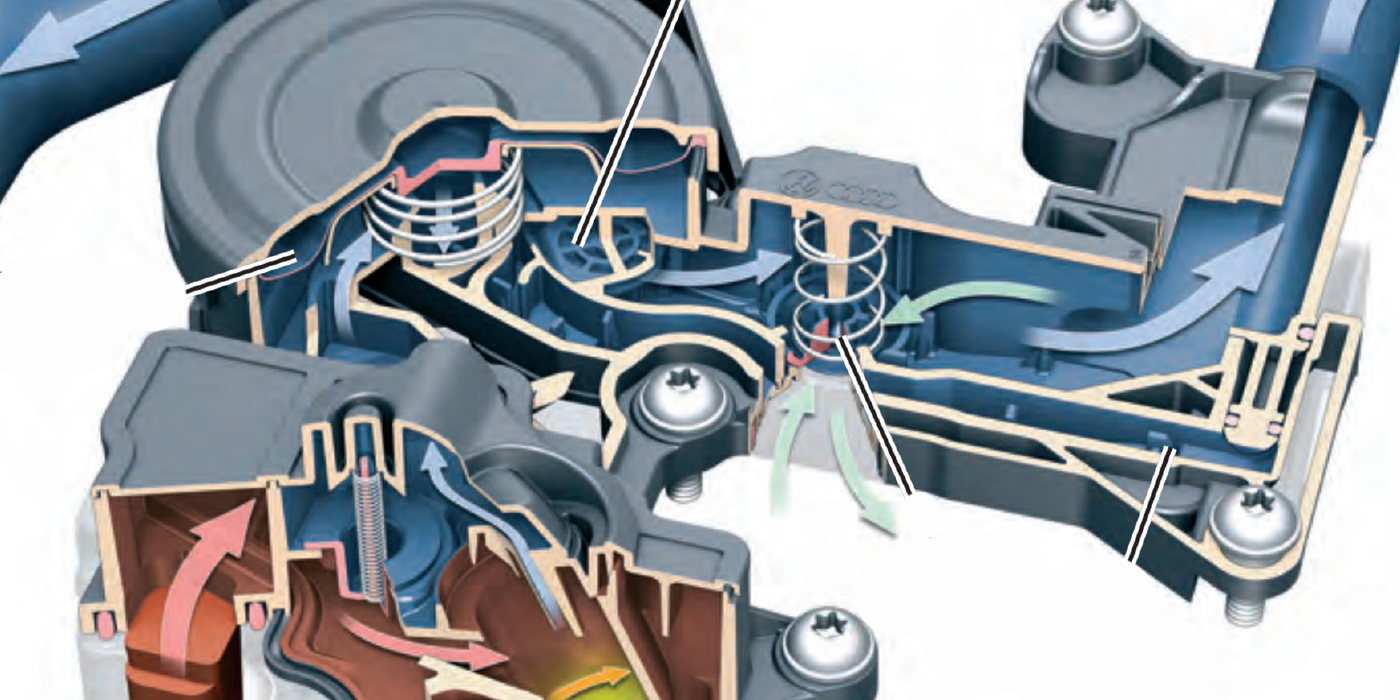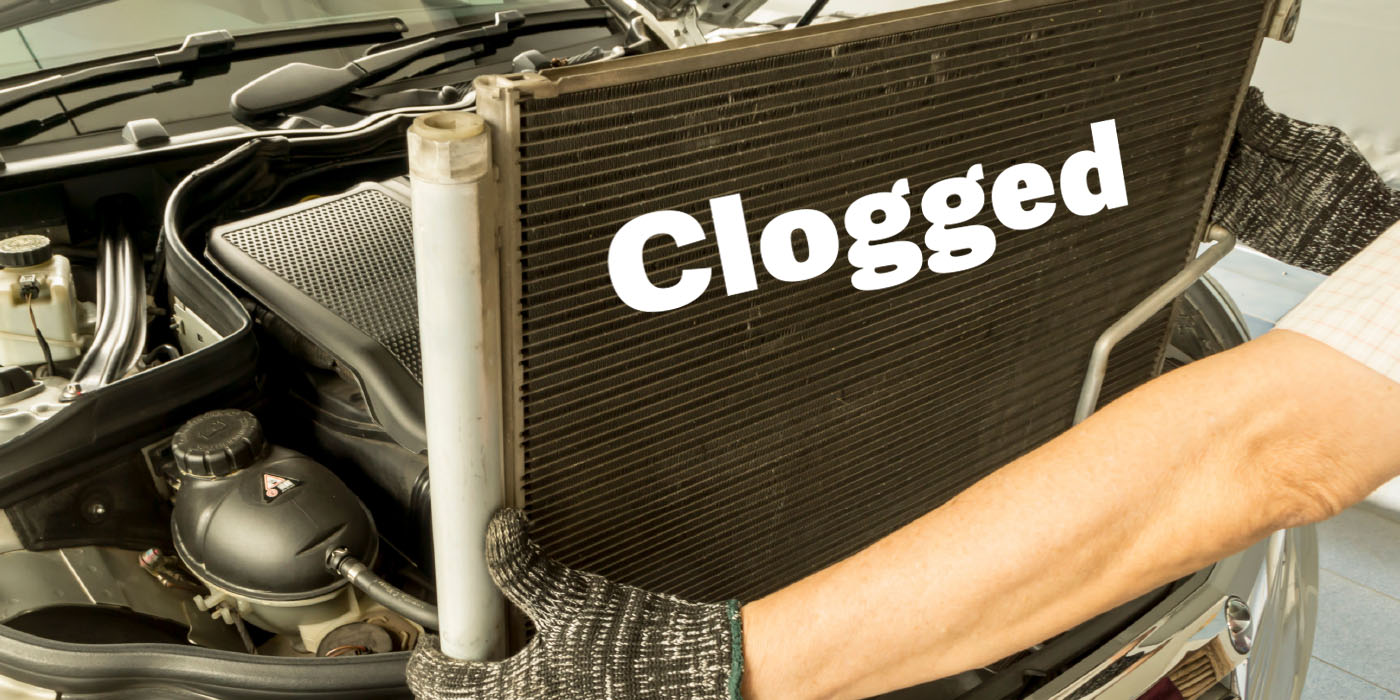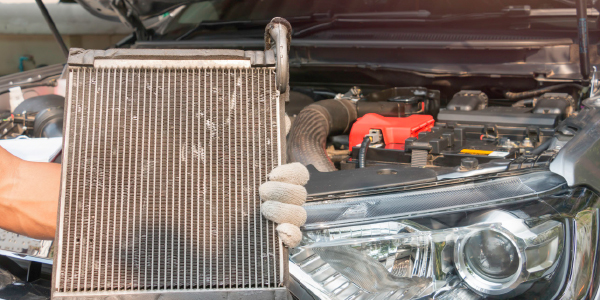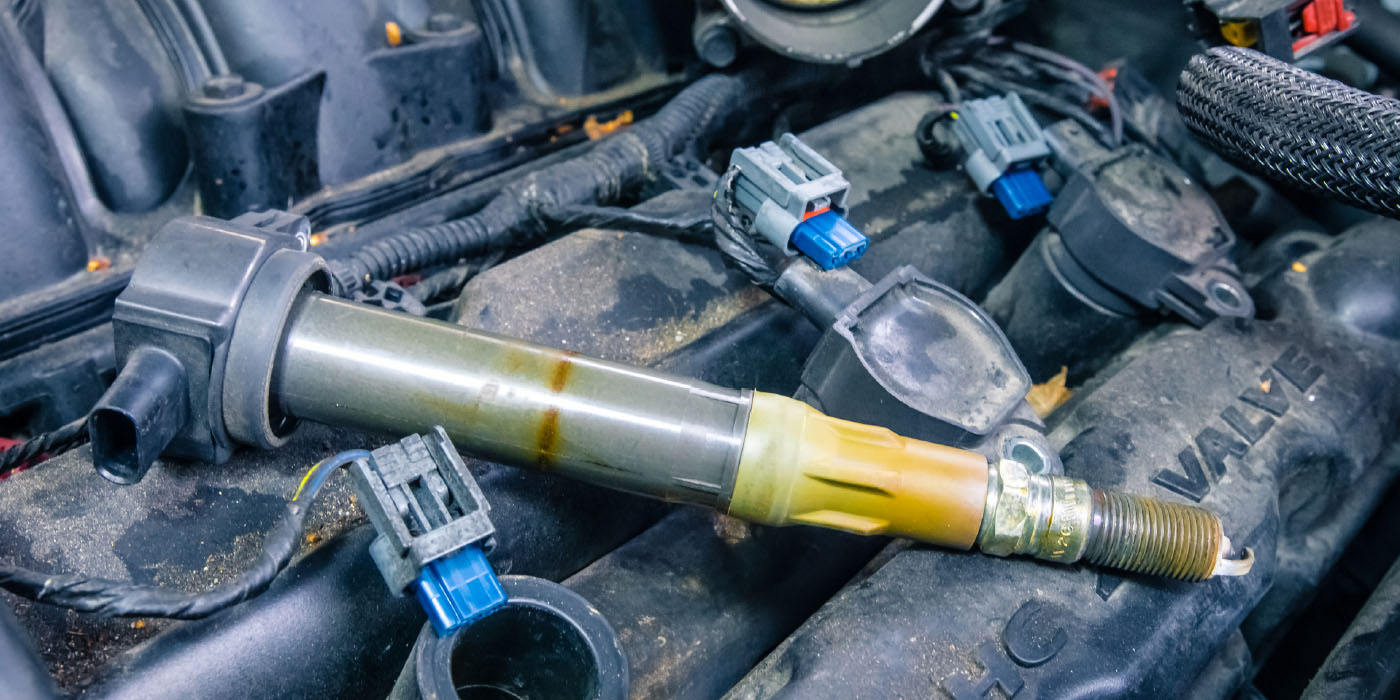Most of the drivers who own a Volkswagen car or truck with a Direct Shift Gearbox (DSG) will not know they have a dual-clutch transmission connected to the engine. Most of them will think they have an automatic that gets excellent gas mileage. It is not until a transmission component fails or a service interval elapses that they learn about DSG.
WHY DSG?
A DSG transmission is lighter than a comparable automatic with the same number of speeds. And, less weight equals better fuel efficiency. Internally, the dual-clutch transmission is more efficient than an automatic because there are fewer moving parts. With an automatic transmission, the engine has to drive a pump and energy is lost in the torque converter and clutch packs.
LUBRICATING HYDRAULIC FLUID
Instead of a linkage connected to a shifter, the shift forks are actuated by hydraulic solenoids. The actual shifting is done by opening one clutch and closing the other, and maintaining the power flow. The shifting behavior can be fine-tuned by software that allows very different characteristics using the same DSG transmission.
VW uses a wet clutch setup. The transmission fluid lubricates and cools the clutches, and it contains friction modifiers that influence the friction level of the clutches. These additives can become depleted over time.
The same fluid that lubricates the clutches also lubricates the internal components of the transmission. Like with a manual transmission, the shock loads of the gears can degrade the fluid over time.
The fluid also acts as a hydraulic fluid. Hydraulic solenoids engage the DSG clutch and gears on the shafts. If the fluid is contaminated or oxidized, it can damage the solenoid’s seals causing internal leaks, or gum up the operation of the solenoid.
FLUID SERVICE
Fluid maintenance is key in keeping a VW DSG transmission operating as designed. Volkswagen recommends a 150,000-mile fluid service interval for most DSG transmissions, but recommends a more frequent service interval if the vehicle is used for severe-duty or towing applications. Check the service information for the correct interval.
Most DSG transmissions have a cartridge filter on top of the transmission. Unfortunately, it is under the battery and/or air filter housing. Replace the filter before you drain the transmission. The housing contains the most contaminated fluid. Draining the filter housing causes this fluid to go back into the case.
VW’s specification for most DSG transmissions is G 052 182 A2, G 052 182 A6 or TL 521 82. Make sure the replacement fluid meets or exceeds these specifications.
Reflashing and Reprogramming
You might not consider the software for the DSG transmission as a maintenance item, but updating the software can add more longevity to the unit’s clutches. One of the more common types of TSBs issued by Volkswagen has been for improvements to engine control modules and transmission control software.
Some of these improvements go back as far as 2008 models. As a rule, it is recommended that you make sure the Volkswagen you are working on has the latest ECM calibrations. The new calibrations can help to keep the check engine light off and prolong the life of the engine and transmission.
Some TSBs require programming with new calibrations to correct problems. The new software can improve shift quality, resolve hesitation and reduce clutch noise problems. Checking for these software updates before replacing the clutch or gearbox can help to repair the vehicle right the first time.


